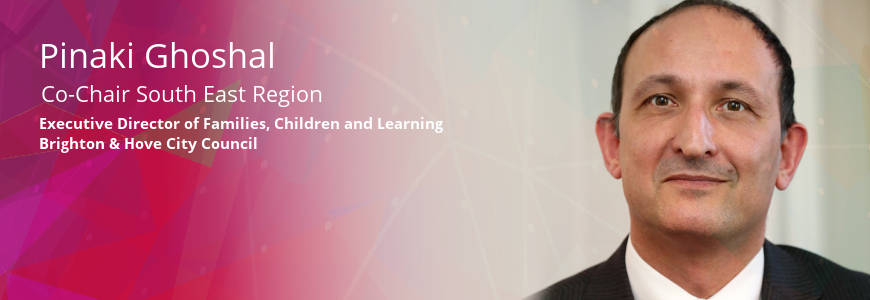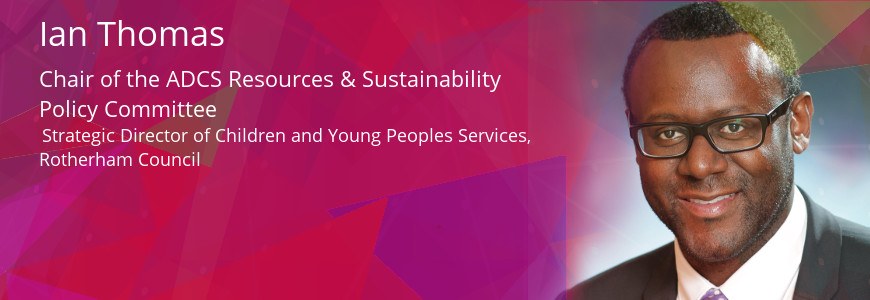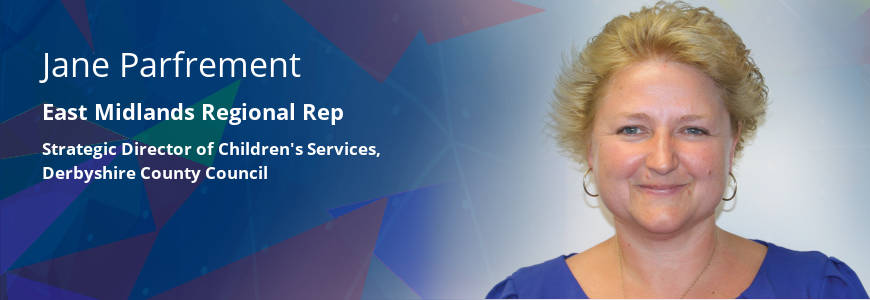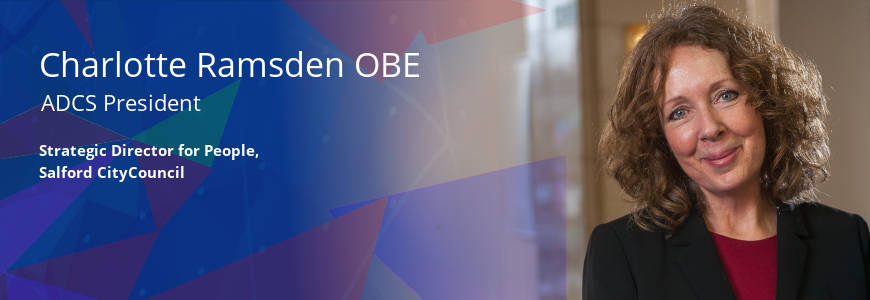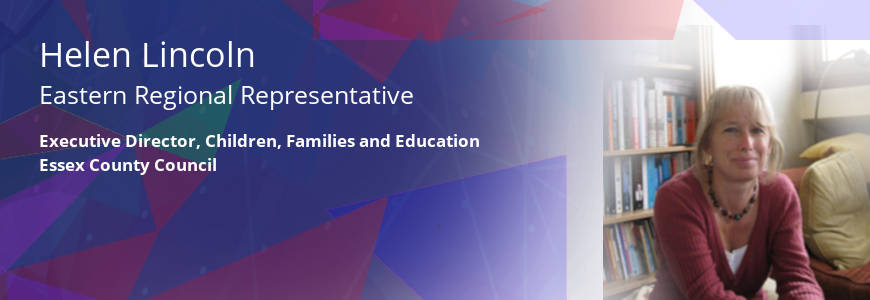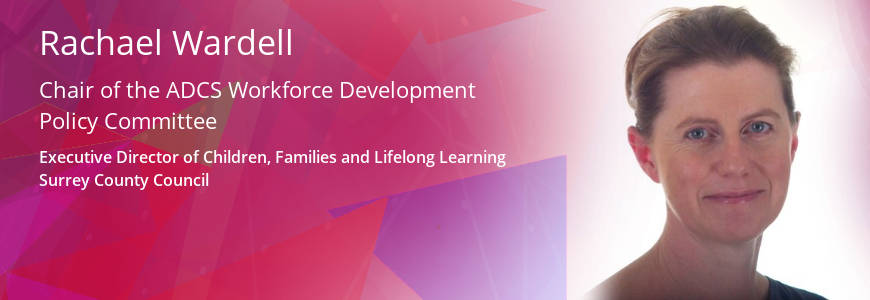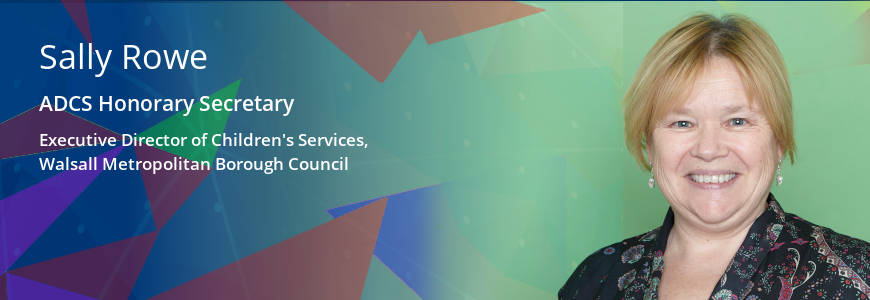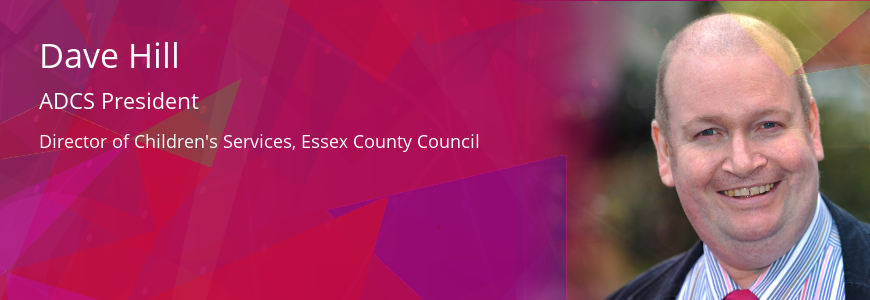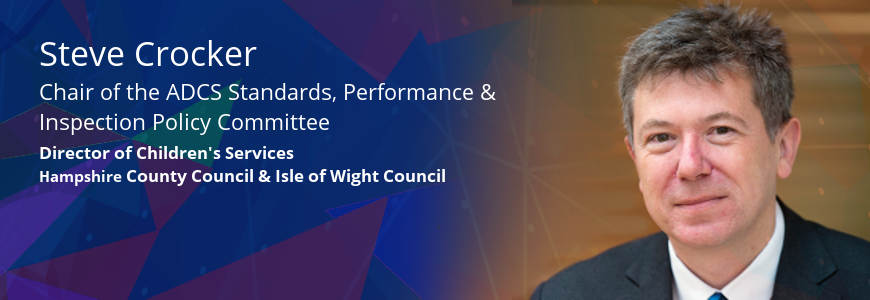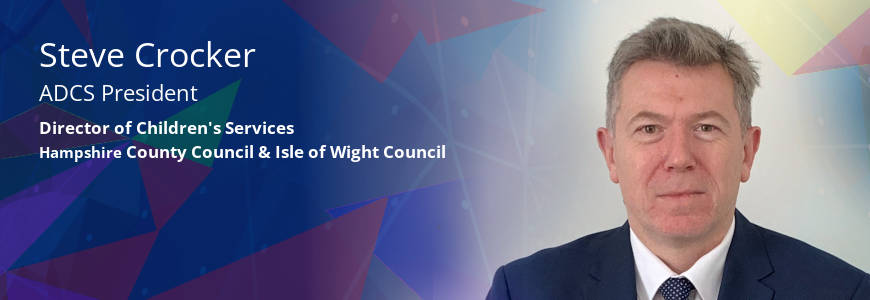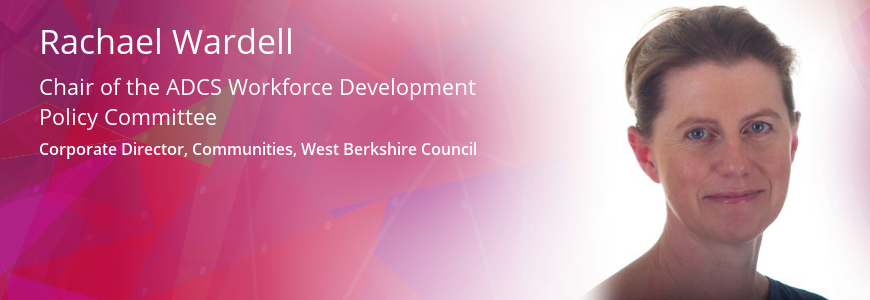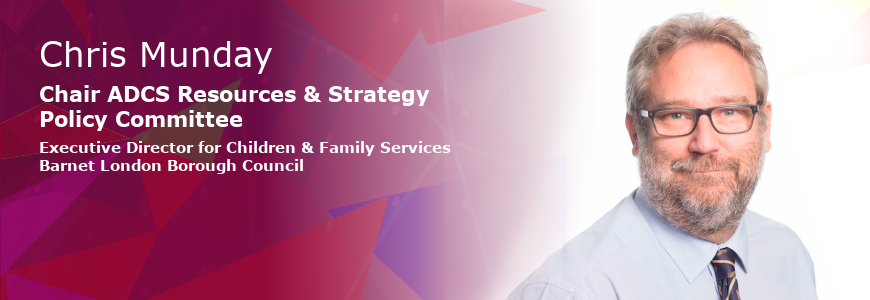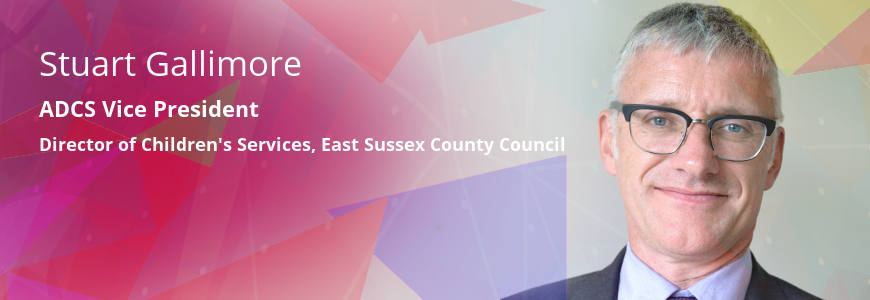The joy of spring

It’s a running joke that the government’s seasons don’t necessarily tally with the standard pattern that we’re all accustomed to. Both civil servants and stakeholders know that when a consultation is due to be published in the spring, this doesn’t necessarily mean the traditional April to June timeframe!
We are keenly awaiting two significant consultations which are due to be published in the spring; the output from the SEND Review, and the Code of Practice for the Liberty Protection Safeguards (LPS). Both will deal with the ways in which we support and protect the rights of children and young people, although not all young people with SEND will come under the remit of LPS, and LPS is about much more than just SEND.
The introduction of LPS for young people aged 16 and 17 is a significant development in children’s services. Currently, we turn to the inherent jurisdiction of the High Court when we believe it is necessary to deprive a child of their liberty. From April 2022, the legal process to deprive a young person aged 16 or 17 of their liberty where they do not have the capacity to consent, will be the same as for adults via the LPS.
I’m acutely aware that adult services are transitioning from the Mental Capacity Act Deprivation of Liberty Safeguards (DoLS) to a system of LPS, whereas children’s services are very much in a different starting place. LPS and the Mental Capacity Act are generally new concepts for many of us working in children’s services so this needs to be on all our radars. Unlike the DoLS system which can only be used if the person will be deprived of their liberty in a care home or hospital, the new arrangements are not setting specific, therefore irrespective of location - if a 16 or 17 year old is deprived of their liberty and do not have the capacity to consent, a LPS authorisation will be needed. This isn’t just about social workers, we need to work with our young people, parents and carers, SEND teams, providers, schools, and voluntary and community sector partners to make sure they understand the new requirements so no young person is inadvertently and unlawfully deprived of their liberty.
While this has been mainly led by colleagues in adult services, the upcoming publication of the Code of Practice will give us the opportunity to make sure we collectively get this right for young people. The interfaces with the children’s legislative framework, The Children Act 1989 and The Children and Families Act 2014, along with the SEND First Tier Tribunal, are some of the many complex areas that require further clarity – I’m hoping we might get it in the spring!
Related Blog Articles
My name can be a bit of a give-away, and if your assumption was that I have a...
In General
Who's to blame? The first question posed whenever there is service failure,...
In General
Like in most local authorities, children who are subjects of a child protection...
In Safeguarding & Child Protection
As a DCS, being a qualified social worker is not part of the essential criteria...
In Care
Everyone who knows me or has heard me speak knows how passionate I am about...
In General
March is here. We’re on the cusp of spring. I can drive to work (and sometimes...
In Workforce
Local authority children’s services does something good for local family......
In General
I’ve recently been thinking about what it’s like to be a social worker, or...
In General
Dealing with distress, expressing hope, showing solidarity and valuing the power...
In Workforce
I am a bit of a closet Elvis fan and the lockdown has led me to explore the...
In Inspection & Improvement
I can’t have been the only Director of Children’s Services who was saddened...
In Leadership
Well, that was the year that was, to paraphrase a famous satirical TV programme....
In General
This Tuesday (21 March) was World Social Work Day. There was lots of activity in...
In Workforce
Across the country we are focussing on Children’s Mental Health week. It is...
In Health
Judging by the ADCS twitter feed and the DfE website ‘World Social Work Day’...

